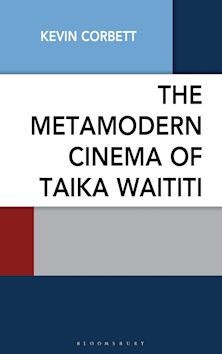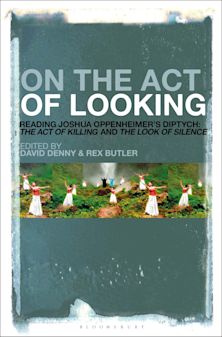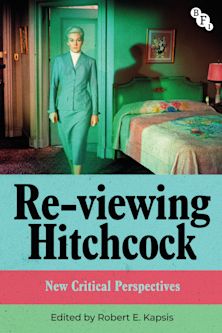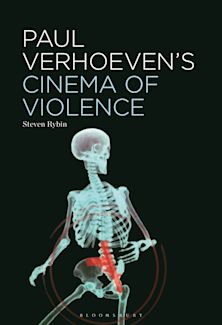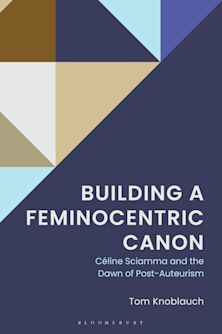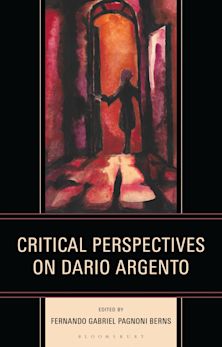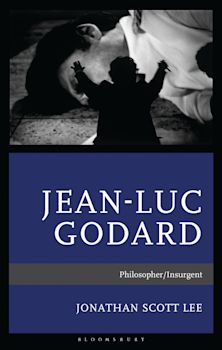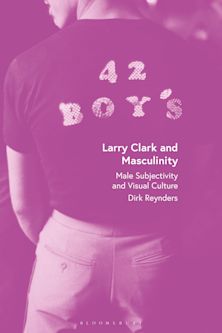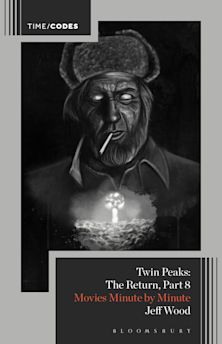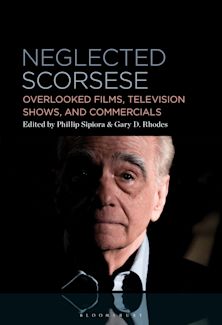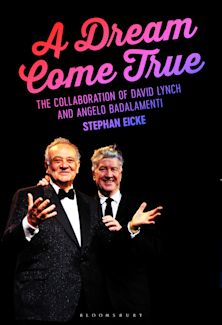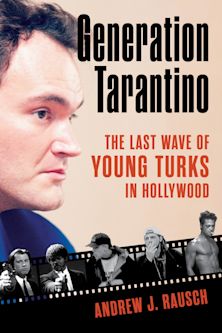The Epistemic Archeology of Ashish Avikunthak
Cinema and Religiosity of Everyday Life
The Epistemic Archeology of Ashish Avikunthak
Cinema and Religiosity of Everyday Life
Description
This book explores the diverse aspects of Ashish Avikunthak's cinema, which challenges Western knowledge systems and cinematic practices, as well as ideological hegemonies of present-day India.
For thirty years, Indian filmmaker Ashish Avikunthak has been making self-financed films that have robustly resisted capital and market logic. Starting from his early 16mm short films Etcetera (1997) and Kalighat Fetish (1999) to longer feature length works that he has been making since the past decade–Rati Chakravyuh (2013), Aapothkalin Trikalika (2016), Vrindavani Vairagya (2017), to the most recent Vidhvastha (2022) with several more projects in various stages of production. His body of work now amounts to seven short films and nine feature length works. This collection of essays rigorously interrogates, contextualizes, theorizes, and interprets his work in relation to some of the key preoccupations of this filmmaker, which include Tantric practice, alternative ways of filmmaking, as well as posing a cinematic challenge to oppressive epistemes. Furthermore, the current global assertion of authoritarianism and one-dimensional interpretations of cultural history and practice provide a timely and essential historical moment in which to dialogue with Avikunthak's films. Why? Because Avikunthak's cinema consciously contests totalizing historical and artistic narratives, and constructs frameworks of existential uncertainty and fragmentation that force us to reflect on the increasing political, economic, social, and climate chaos that is infusing and shaping our early 21st century global ontology.
Table of Contents
List of Illustrations
Acknowledgements
Introduction
Erin O'Donnell (East Stroudsburg University, USA) and Šarunas Paunksnis (Kaunas University of Technology, Lithuania)
1. Tantra in Indian Cinema: Ritwik Ghatak and Ashish Avikunthak, a Centennial Memory of the Jagaddal (1920-2020) and a Love Story
Amrit Gangar (Independent Scholar)
2. Tantra and the Coloniality of Being: The Decolonial Praxis of Ashish Avikunthak
Šarunas Paunksnis (Kaunas University of Technology, Lithuania)
3. Ashish Avikunthak's Cinema of Dissent in an Authoritarian Age
Erin O'Donnell (East Stroudsburg University, USA)
4. Ashish Avikunthak's Nirakar Chhaya - A Barthesian Adaptation
Aparna Frank (Hunter College, CUNY, USA)
5. Circles of Death in Ashish Avikunthak's Cinema
Arka Chattopadhyay (Indian Institute of Technology Gandhinagar, India)
6. Is the World Really as It Appears in Art? Violence as a Civilizational Question in Ashish Avikunthak's Vidhvastha
Pratyush Bhattacharyya (UC Santa Barbara, USA)
7. Ritual-in-Action: Temporality and Its Discourse in the Films of Ashish Avikunthak
Hrishikesh Ingle (The English and Foreign Languages University, Hyderabad, India)
8. Sonic Disjunctions: Critical Listening to Ashish Avikunthak's Filmworks
Budhaditya Chattopadhyay (Critical Media Lab, Switzerland)
9. Cinematic Practice as Epistemic Archeology: An Interview with Ashish Avikunthak
Erin O'Donnell (East Stroudsburg University, USA) and Šarunas Paunksnis (Kaunas University of Technology, Lithuania)
Filmography
Index
Product details

| Published | 27 Nov 2025 |
|---|---|
| Format | Ebook (Epub & Mobi) |
| Edition | 1st |
| Extent | 280 |
| ISBN | 9798765105580 |
| Imprint | Bloomsbury Academic |
| Illustrations | 46 bw illus |
| Publisher | Bloomsbury Publishing |
Reviews

ONLINE RESOURCES
Bloomsbury Collections
This book is available on Bloomsbury Collections where your library has access.













